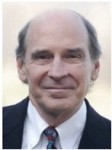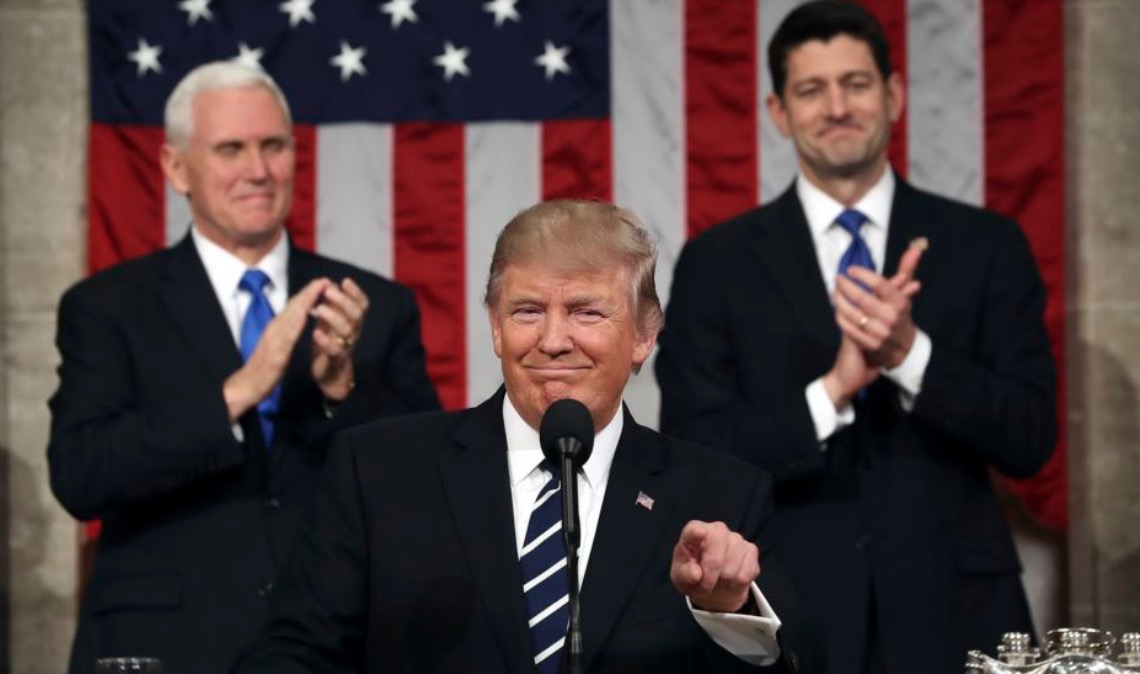By RICHARD GUNDERMAN, MD and BENJAMIN GRAY, MD

Many physicians have expressed dismay at the conduct of US president Donald Trump. But whether colleagues find his politics objectionable or congenial, his conduct bold or vulgar, and the man himself an imbecile or a genius, it is important for healthcare professionals to understand that the Trump presidency is a predictable consequence of our times. In particular, it is an entirely natural outgrowth of the forms of media that characterize our age.
The Medium Becomes the Message
In 1964, media theorist Marshall McLuhan famously declared the medium the message. McLuhan argued that the consciousness of a people is more profoundly shaped by media themselves – for example, Gutenberg’s movable print, radio, or television – than by the content they convey. To understand the character of a presidency, McLuhan would argue, we need to shift our attention from specific policies to the media by which the president operates.
When candidates Abraham Lincoln and Stephen Douglas engaged in their famous 1858 debates for an Illinois Senate seat, broadcast media had not yet been invented, and the newspaper dominated. As print media, newspaper articles could examine a candidate’s position on an issue in great depth, and 19th century debate audiences expected candidates to develop real arguments for their policies. As a result, each of the Lincoln-Douglas debates was formatted to last three hours.
Today’s media prefer sound bites. In fact, McLuhan argued that the medium of television operates “at the speed of light.” It permits “no continuity” and “no connection.” Instead, he said, with television, “It’s all just a surprise.” In contrast to the time Lincoln took to carefully craft his arguments, a television president might be expected to rely less on argument than on astonishment, not taking the time to trouble himself over non-sequiturs and contradictions.
Continue reading…



 During the recent World Economic Forum in Davos, Switzerland, President Trump once again noted his objection to the Paris climate accord.
During the recent World Economic Forum in Davos, Switzerland, President Trump once again noted his objection to the Paris climate accord.













